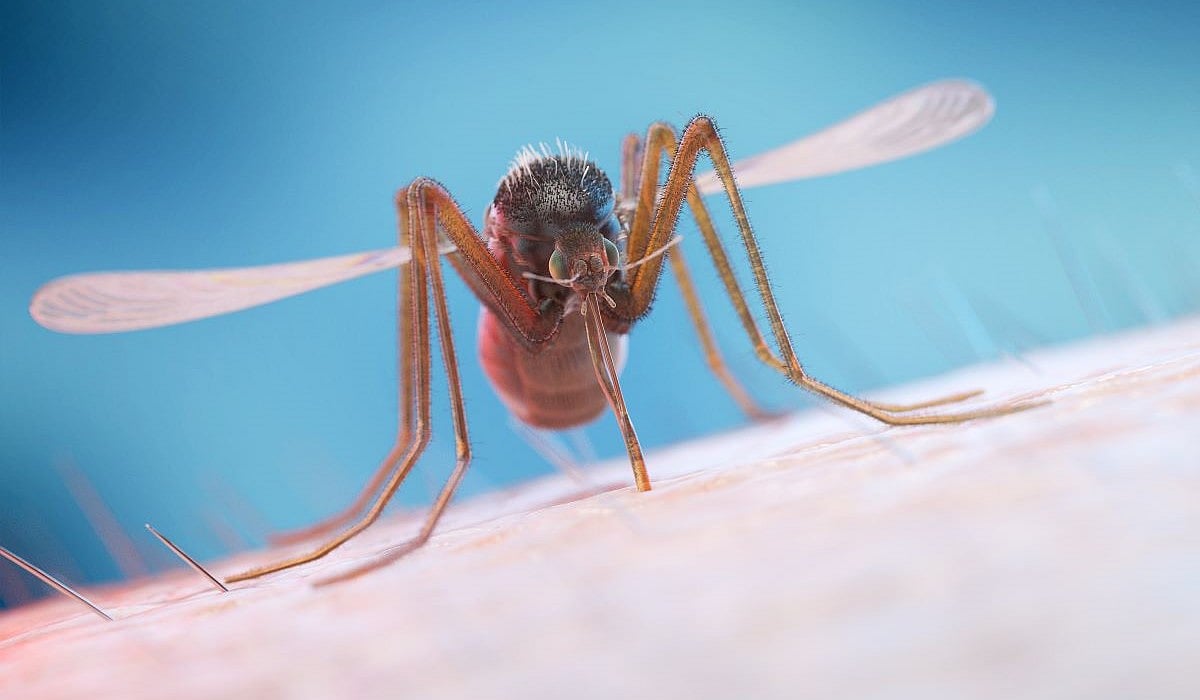Get Healthy!

- Posted July 25, 2024
Dengue May Be Bigger Threat to Obese Children
Obese kids infected with dengue are significantly more likely to suffer severe illness requiring hospitalization, a new study warns.
A new analysis of nearly 5,000 dengue-infected Sri Lankan children found that weight plays a powerful role in how sick the mosquito-borne virus can make a kid.
Kids with higher BMIs had higher hospitalization rates than those children who weighed less, researchers reported recently in the journal PLOS Neglected Tropical Diseases.
The heaviest children -- those who are clinically obese -- were twice as likely to be hospitalized as the rest, results show.
“With the increase in obesity in many countries, it would be important to create awareness and educate the public of the potential risks regarding obesity and risk of severe disease and hospitalization from dengue,†said senior researcher Dr. Neelika Malavige, a professor of immunology and molecular medicine at the University of Sri Jayewardenepura in Sri Lanka.
The study comes weeks after health officials in the Florida Keys issued a dengue alert following two confirmed cases of the infectious disease there, and the U.S. Centers for Disease Control and Prevention has issued a nationwide advisory about an increased risk of dengue infections in the U.S.
Dengue reached a historic high of more than 6.5 million cases and more than 7,300 deaths worldwide in 2023, researchers said in background notes.
And the world is about to break that record again, researchers said. About 10 million cases had already been reported by the end of June.
About nine in 10 cases requiring hospitalization involve children younger than 5, researchers said.
Dengue is often referred to as “break bone fever†because it causes fever accompanied by severe joint, bone and muscle pain, researchers said.
The virus also can cause nausea, vomiting and rash, the CDC says. Symptoms typically begin within two weeks after being bitten by an infected mosquito.
Severe cases can result in “shock and, if untreated, death,†Malavige said in a SciDev.net news release. “Therefore, early detection of complications is crucial.â€
There’s no specific medicine to treat dengue, but in the United States there is a dengue vaccine approved for use in children ages 9 to 16 who live in areas where the virus is common, the CDC says.
Researchers couldn’t say exactly why childhood obesity might be linked to more severe dengue.
However, they noted in their report that “obesity is associated with an increase in risk of severe disease due to many other infections such as influenza and COVID-19.â€
“The mechanisms by which obesity and diabetes increase disease severity of dengue should be further explored, to develop biomarkers and therapeutics specially targeting at risk populations,†researchers concluded.
More information
The U.S. Centers for Disease Control and Prevention have more about dengue.
SOURCE: SciDev.Net, news release, July 23, 2024
